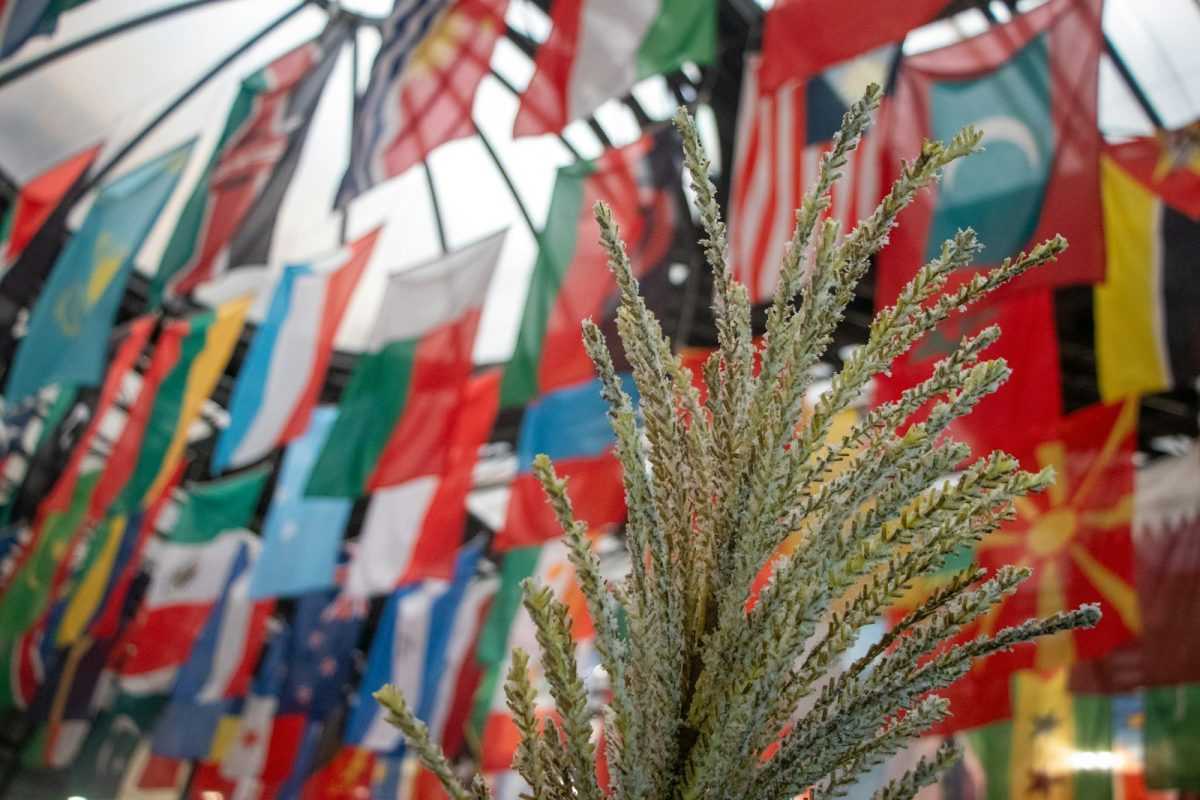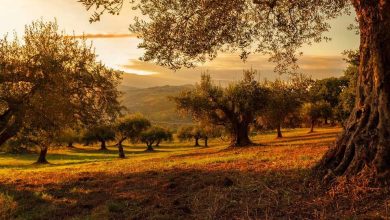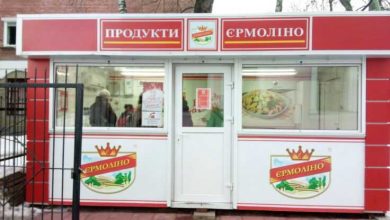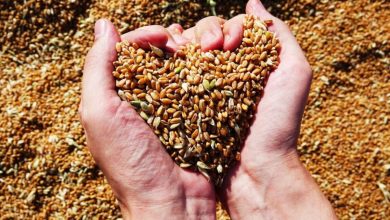To Drown the Woe. Decline in manufacturing, loss of markets, fiscal burden and other hardships of Ukrainian winemakers
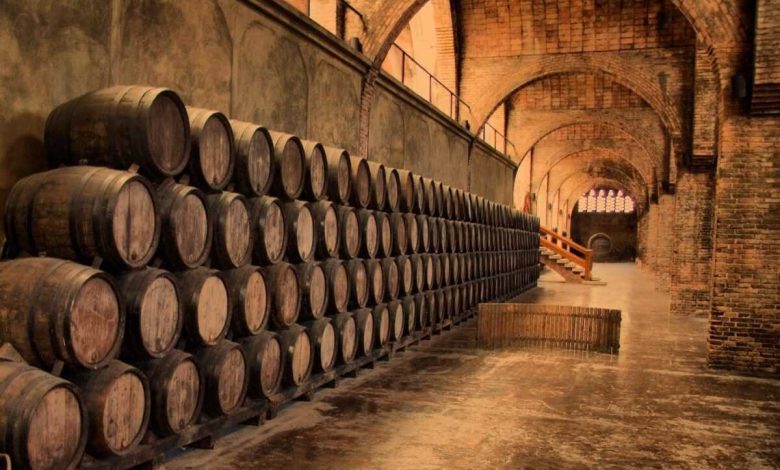
In 2015, according to the preliminary estimates of the association “Winegrowers and Winemakers of Ukraine”, the production volume of Ukrainian wine is going to be even 20% less. The issue is in raw materials shortage, says the association’s director Sergei Mihaylechko. “Unexpected frost on the ground in the spring damaged grape buds”, – he says.
However, the raw materials are not the main problem of winemakers. The industry, which managed to develop with great difficulty, is almost without support from the government. The only State program that provided up to 48% cost recovery for the start of new vineyards was stopped in 2013.
The winemakers’ life has been complicated with one more circumstance. Since January 1, 2016, the Russian embargo on Ukrainian food enters into force (until recently, more than 90% of Ukrainian wine was exported to Russia). In addition, Free Trade Agreement (FTA) with the European Union is entering into force. Despite the Ukrainian winemakers’ efforts, no separate agreements on wine have been concluded in the framework of FTA with the European Union. They succeeded to sign only a cross-industry protocol whereby Ukraine can use Cyrillic transliteration of geographical indications only in the domestic market.
It will be extremely difficult for Ukrainian producers to compete with Europe where three world winemaking leaders (Italy, France and Spain) with long traditions and strong support of their governments are concentrated, even in Ukrainian market, not to mention the European one.
Costly Affair
Winemaking is a costly business. It takes long while the investments pay back because the first harvest from young vines can be gathered only in four or five years after planting. Vladimir Kucherenko, the Director General of the corporation “UkrVinProm” representing the Ukrainian winemakers’ interests, says that one hectare of vineyard with drip irrigation needs the investment of $ 40 000 – 50 000.
Since 1999, Ukraine has a law on 1% tax imposed on alcohol retailers. The money goes to wine growing, gardening and hop growing development. In August 2011, the tax was raised to 1.5%. It is still imposed, but since 2013 the collected funds have been allocated to the general state budget fund and are not paid for the address assigned initially.
The result was not long in coming: in 2007, Ukrainians planted 5800 hectares of vineyards while in 2014 it was only 1500 hectares. Today, according to the industry association’s data, the total area of vineyards in the country, excluding Crimea, is 38 000 hectares (for comparison, Spain, the world leader in the number of vineyards, has more than 1 million hectares).
Another stumbling block is the license for wholesale trade, for which the winemakers pay UAH 500 000 per year. “There is no such license in any country of the world, – complains Kucherenko. – If the state wants to control the industry, they can do it for 1 UAH. What do the manufacturers pay for each year? ”
Many owners of small wineries are withdrawing their businesses in shadow. At the beginning of November, 2015, Verkhovna Rada Committee on Agrarian Policy and Land Tenure with the support of Deputy Head of Agriculture Ministry Vladimir Lapa adopted the bill on alcohol wholesale trade. According to the document, the small winemakers who work with their own grapes are allowed to trade wholesale without obtaining a separate license.
The Head of Ukrainian Sommelier Association, Dmitry Sidorenko is sure that restaurants and shops should be allowed to buy wine from local winemakers without wholesale license. “I have created a community in Facebook: “The law on wine – let’s change it for the better, – says Sidorenko. – And I was shocked to learn that many winemakers did not know that they did not need a license for wholesale. The officials scare and blackmail them with it”.
Market Reallocation
The annexation of Crimea greatly influenced the work of the wine industry. 60% of Ukrainian wine used to be produced on the peninsula. At the same time the biggest wine-growing area has always been Odessa region with 23 600 hectares of vineyards. The grapes for wine production were taken to Crimea not only from mainland Ukraine, but also from Moldova and Georgia. In the spring 2014, all these production chains were broken.
According to the association “Winegrowers and Winemakers of Ukraine”, the enterprises of mainland Ukraine carried out only occasional shipments of wine materials to Crimea. They stopped with the introduction of food embargo on September 20, 2015. Crimean winemakers continued to work, but since 2014 they have ceased delivery of their products to mainland Ukraine. Since September 2014, when the Ukrainian law on free economic area in Crimea came into force, trade between mainland Ukraine and the peninsula have started to be carried out under the terms of export and import. For Crimean winemakers it was not profitable, especially because a very broad Russian market was opened for them.
Some of Crimean wine brands did not want to lose Ukrainian and European markets (loss of the last was caused by the sanctions against Crimea). Companies partially moved production of Crimean wine brands to mainland Ukraine.
In particular, Ukrainian market leader in 2013 with a market share of 11.3% “Inkerman Winery” moved the still wine production under the trademark “Inkerman” to the facilities of the Houses of Vintage Cognacs “Tavria” in Novaya Kakhovka, Kherson region. Both companies are parts of the First National Winemaking Holding. The wine is made from grapes grown in mainland Ukraine and purchased in Kherson and other regions. “After the annexation, the delivery of winemaking material from Crimea was almost ceased,” – says Vyacheslav Goncharov, the Director of Production at The House of Vintage Cognacs “Tavria”. Wine trademarks “Bakhchisaray”, “Oreanda”, “Koktebel” began to be bottled in Odessa region at the facilities of “OdessaVinProm”.
The production of wines under the trademarks of Crimean state-owned enterprises is also launched in mainland Ukraine. Immediately after Crimea occupation on March 26, 2014, 131 agricultural industry enterprises including the association “Massandra”, the wineries “Magarach” and “Novy Svet” were nationalized by the Russian authorities.
At the beginning of 2015, the Ministry of Agrarian Policy and Food of Ukraine have announced their plans to re-register 23 Crimean state-owned enterprises. The sparkling wine under the trademark “Magarach” produced at “Kharkov Sparkling Wines Factory” has already appeared in the stores.
Since the autumn of 2015, wine under the trademark “Massandra Global Wine” produced by the company “Kamyanka Global Wine” in Kherson region appeared in retail store chains. As a result, Crimean “Massandra” threatened to sue the manufacturer. “TM “Massandra Global Wine” is produced in accordance with the operating legislation”, – says Yuri Tkachenko, “Kamyanka Global Wine” Marketing Director. The company buys wine material for this production in mainland Ukraine.
Before the annexation of Crimea, the peninsula wine companies constituted a half in the list of 10 largest wine producers in Ukraine. According to the association “Winegrowers and Winemakers of Ukraine”, there are about 20 large and medium-sized wine companies (before there were almost 40) in Ukrainian market. At the same time, Odessa and Nikolaev companies have become the industry leaders partially having occupied the niche that belonged to Crimean brands.
Never give up
Ukrainian winemakers are gradually expanding the range of dry wines along with dessert and sparkling wines traditional for our market.
Ukrainians are inherently skeptical to the local wine. The economic crisis and the devaluation of the national currency have pushed the consumers to the Ukrainian product. Despite the availability of low-cost imported alternatives such as wines from Argentina and Chile, Ukrainians have become more loyal to the local winemakers’ production. “People have understood that wine made in Ukraine is decent,” – says Sidorenko.
Ukrainian wine-makers, for their part, try to develop a wine consumption culture and to increase their product recognition by wine tourism and wine festivals.

